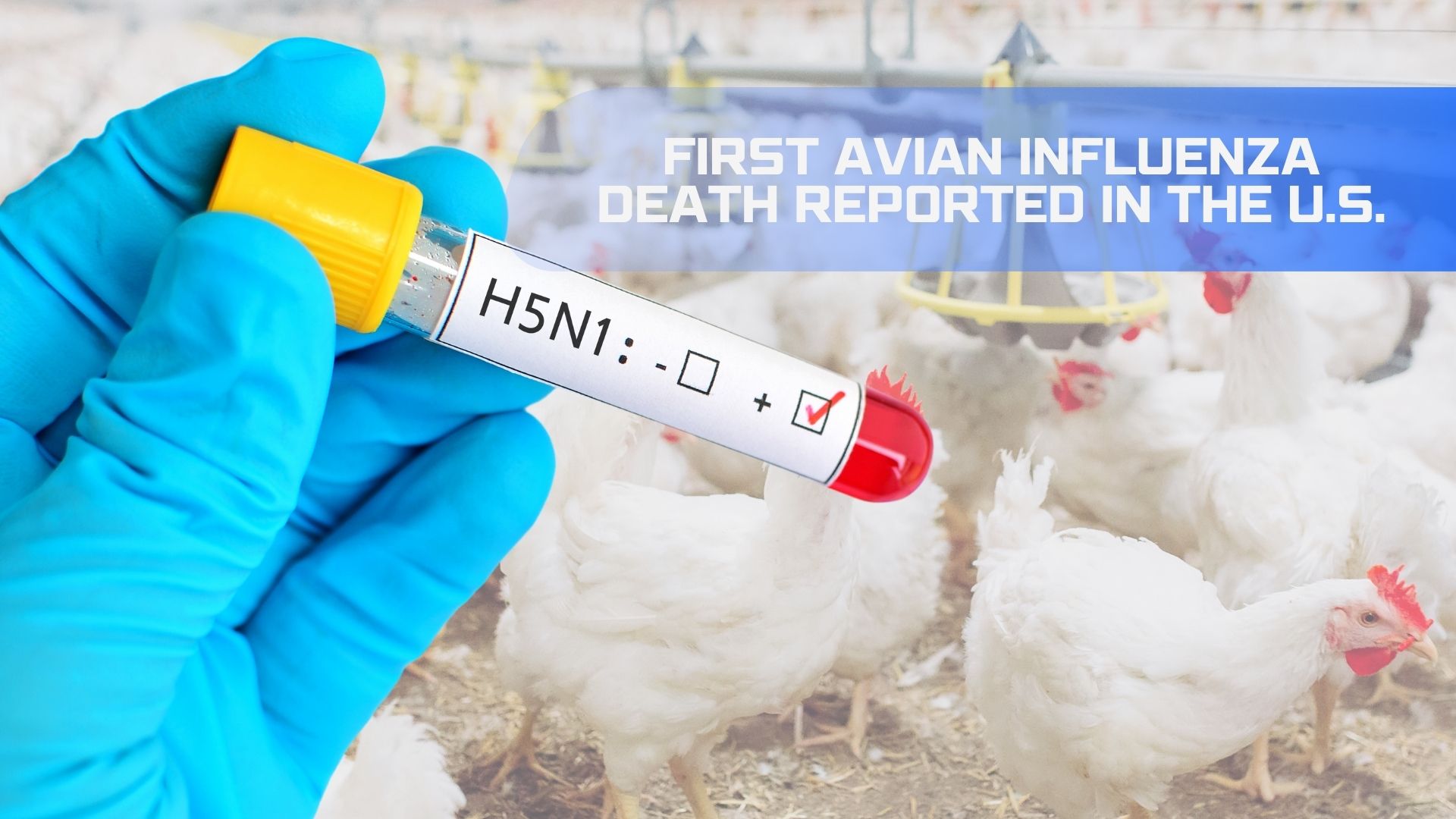ArokaGO News
•January 9, 2025
10 Health Trends in 2025 That Will Revolutionize Healthcare
As we approach 2025, significant advancements in medical technology are set to reshape healthcare, improving efficiency and making health information more accessible and understandable.
The ArokaGO Reporter
January 9, 2025

As we approach 2025, significant advancements in medical technology are set to reshape healthcare, improving efficiency and making health information more accessible and understandable.
1. Precision Medicine
The Royal Society of Thailand (2020) describes precision medicine as “targeted therapy” that offers effective and cost-efficient health management and disease prevention tailored to individuals based on genetic, environmental, and lifestyle data. This personalized approach enhances treatment outcomes, minimizes side effects, and represents a transformative step in modern healthcare.
2. Telehealth
The global COVID-19 pandemic has revolutionized healthcare access. Telehealth bridges the gap between doctors and patients, enabling consultations, follow-ups, and disease prevention education without hospital visits, thereby reducing infection risks. Technological advancements in smartphones and medical applications have made healthcare services faster and more convenient. Patients can schedule appointments and view diagnostic results with a few taps. Additionally, telehealth facilitates access to healthcare for remote and mobility-challenged individuals.
3. Mental Health Tech
Mental health technology plays a pivotal role in supporting those with anxiety, post-traumatic stress disorder (PTSD), and other mental health conditions. AI-powered applications and virtual reality (VR) therapy offer personalized mental health support, encouraging more people to seek help without the traditional stigma.
4. Wearable Health Tech
Wearable health devices have evolved beyond simple fitness trackers. Modern smartwatches can monitor various health metrics, such as blood pressure, blood glucose levels, and early signs of diseases. The ability to easily access personal health data encourages people to become more proactive in managing their health.
5. Gut Health and Microbiome Research
The gut microbiome plays a crucial role in overall health, from digestion to mental well-being. By 2025, research in this field is expected to advance significantly, providing deeper insights into the relationship between the microbiome and health. High-quality probiotic and prebiotic products will also become more prevalent.
6. Sustainable and Ethical Health Choices
Consumers are increasingly aware of the environmental and ethical impacts of their healthcare choices. This has driven interest in plant-based diets and eco-friendly fitness products. In 2025, we can expect more health products and services that align with these values.
7. AI and Machine Learning in Disease Diagnosis
AI and machine learning are transforming disease diagnosis by rapidly analyzing vast amounts of data with high accuracy. These technologies enable early disease detection and precise health trend predictions. By 2025, AI-integrated diagnostics will play a crucial role in analyzing medical data, such as blood tests, imaging results, and medical histories, leading to faster and more accurate diagnoses.
8. Holistic and Integrative Health Approaches
Holistic health approaches that combine physical, mental, and spiritual well-being, along with conventional medicine and alternative therapies (e.g., acupuncture, yoga, herbal medicine), are gaining traction. This integrative approach helps individuals find personalized care methods that enhance their overall quality of life.
9. Health Gamification
Gamification in health and fitness is becoming increasingly popular. Incorporating game elements, such as earning points for exercise or healthy eating, motivates people to adopt healthier lifestyles. By 2025, gamified health solutions will be a key strategy for promoting well-being.
10. Advanced Genomic Research
Advanced genomic research is opening new doors to understanding human biology. Beyond basic genetic information, it provides insights into disease mechanisms, particularly in complex cancers and genetic disorders. Personalized treatment plans based on genetic profiles are expected to become more common, revolutionizing patient care.
Conclusion
Health trends in 2025 will reflect groundbreaking changes in the medical field, focusing on personalized and precise care, holistic wellness, and cutting-edge technologies. These innovations will make healthcare more accessible, efficient, and sustainable, ultimately enhancing the quality of life for individuals worldwide.

First Avian Influenza Death Reported in the U.S.
January 9, 2025

Report Highlights '5 Risk Factors' to Watch Out for During Respiratory Virus Season
January 13, 2025